In recent years, the U.S. has seen a surge in book bans, igniting debates on censorship, education and the freedom to explore new ideas and perspectives through reading.
In Texas, the movement against banned books gained significant traction when Governor Greg Abbott signed House Bill 900 in 2023, which prohibits school libraries from purchasing books that are deemed sexually explicit, vulgar or educationally unsuitable. Between Jan. 1 and Aug. 31, the American Library Association’s (ALA) Office for Intellectual Freedom tracked 414 attempts to censor library materials, in which 1,128 unique book titles were challenged.
Fighting against book bans is local bookstore “Brave Books,” owned by Jud Burgess.
The bookstore hosted a sale from Sept. 27 to Sept. 29, coinciding with the final days of Banned Books Week, featuring more than 250 titles that have been banned, challenged or censored across the country.
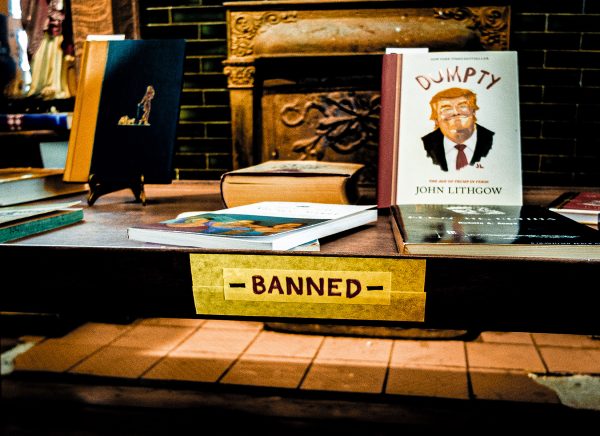
“Banned books are just an assault on our freedoms, it’s very undemocratic,” said Burgess. “They (those advocating for book bans) expect everybody to line up to what they believe, and they start making noise and then pulling them off bookstore shelves and libraries.”
As a customer at Brave Books’ banned books event, Devy Tafoya emphasizes the importance of access to literature.
“It’s important to be here because we need to make sure that books that have been banned or censored stay available to everybody,” said Tafoya. “They shouldn’t be banned or censored to begin with.”
Events like these allow access to books that are banned in the public school system. Burgess explained that if librarians are in possession of any books on the banned book list, they may be at risk of losing their jobs.
According to Burgess, from an author’s perspective, book bans can have both negative and positive implications.
“For writers, it’s almost a badge of honor if your book is banned, because that means that it’s that good,” said Burgess. “(But if) it was affecting people to where they wanted them off the shelf, then a lot of times it is hurtful for writers because generally they want to be more inclusive with their books, and that’s the very reason they get banned.”
As an example, Burgess shared the story of the book “Girls Who Code” by Reshma Saujani, a book series meant to encourage girls of any race or ethnicity to code.
The first four books in the series found themselves in PEN America’s Index of School Book Bans in 2021 and 2022. Saujani blamed the right-wing group, Moms for Liberty (MFL) for the ban.
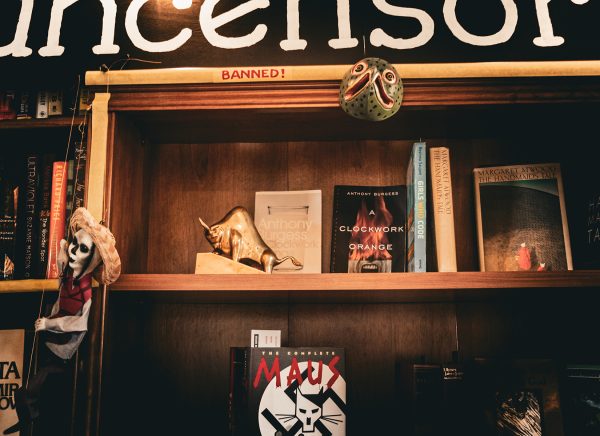
MFL’s co-founders, Tina Descovich and Tiffany Justice later released their own statement, calling Saujani’s allegations false, stating that “Girls Who Code” was still in Pennsylvania school district libraries and that no one in the organization had ever called for the book to be banned.
Emma Guillen who attended the banned books event at Brave Books shared that while censorship is meant to protect young audiences, it often ends up targeting minority groups.
“I think what I’ve noticed about a lot of banned books is that it’s silencing some kind of voice,” said Guillen. “All these banned books are about politics, people of color, the LGBTQ community, so I think it’s important for us to shed light on these banned books.”
Burgess encourages readers to continue engaging with banned books as they serve as valuable sources of knowledge and insight that provide diverse perspectives.
Ximena Cordero is a staff reporter and may be reached at xcordero@miners.utep.edu

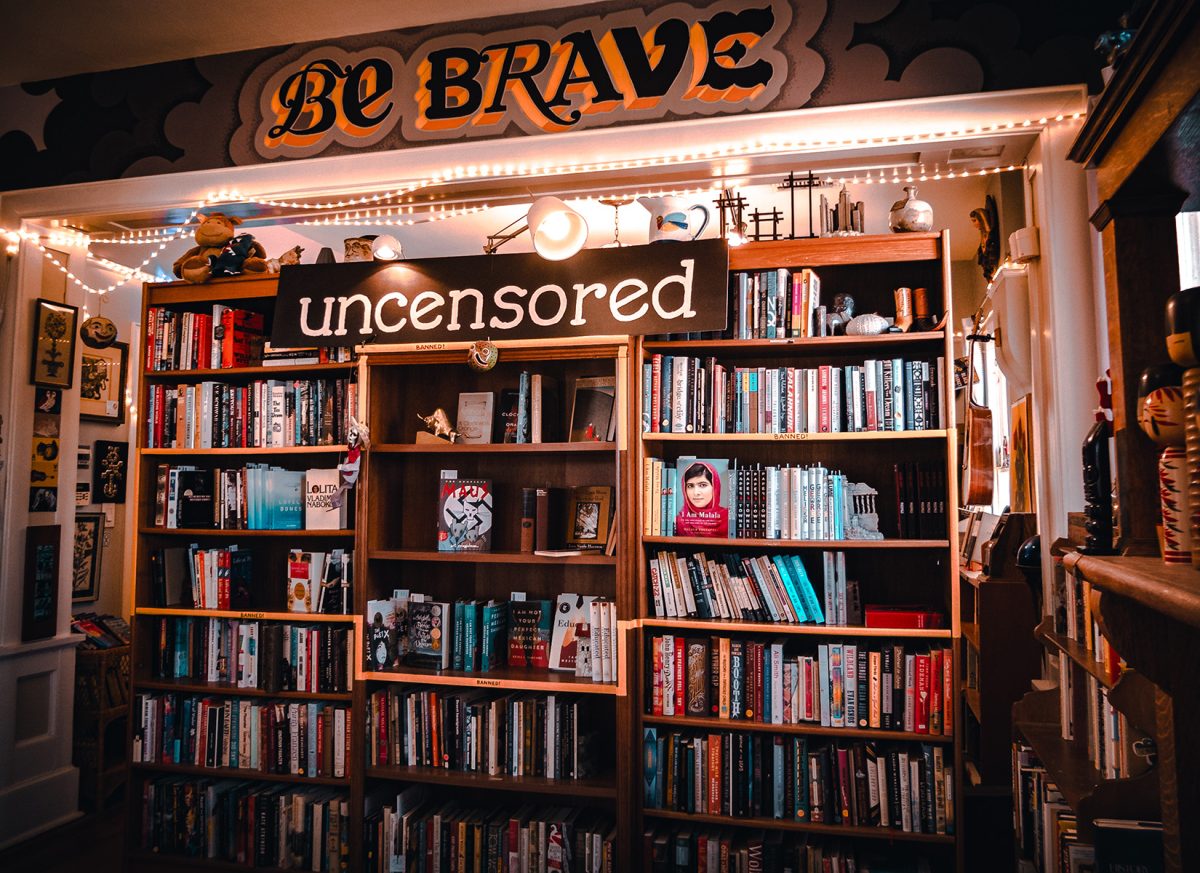

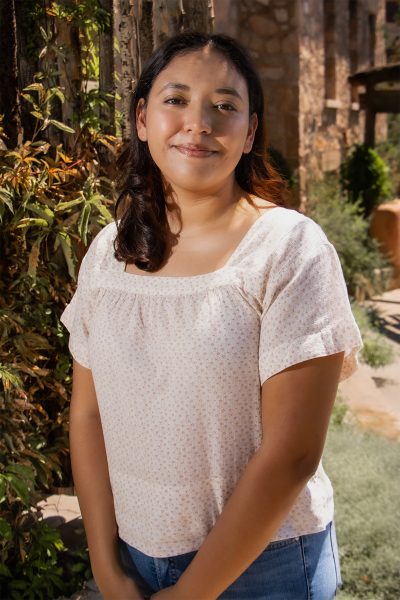

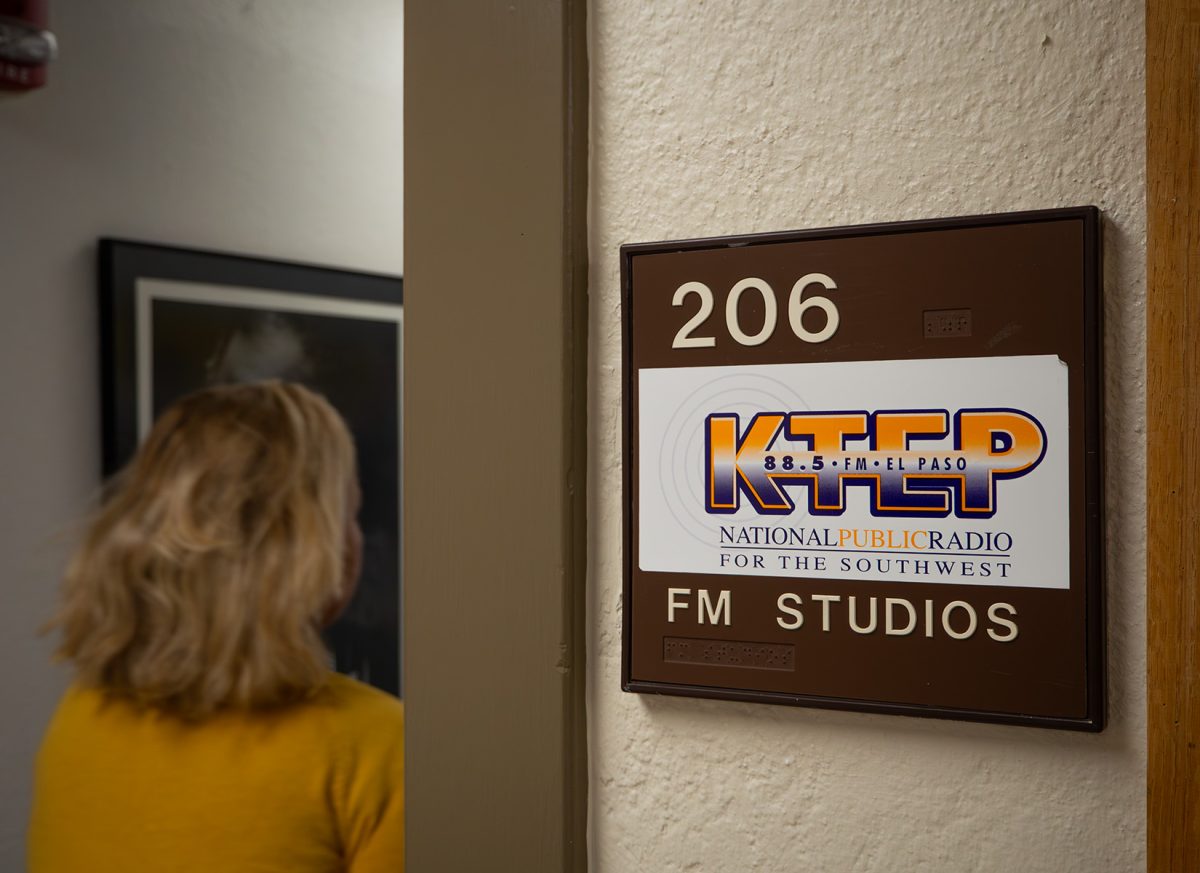


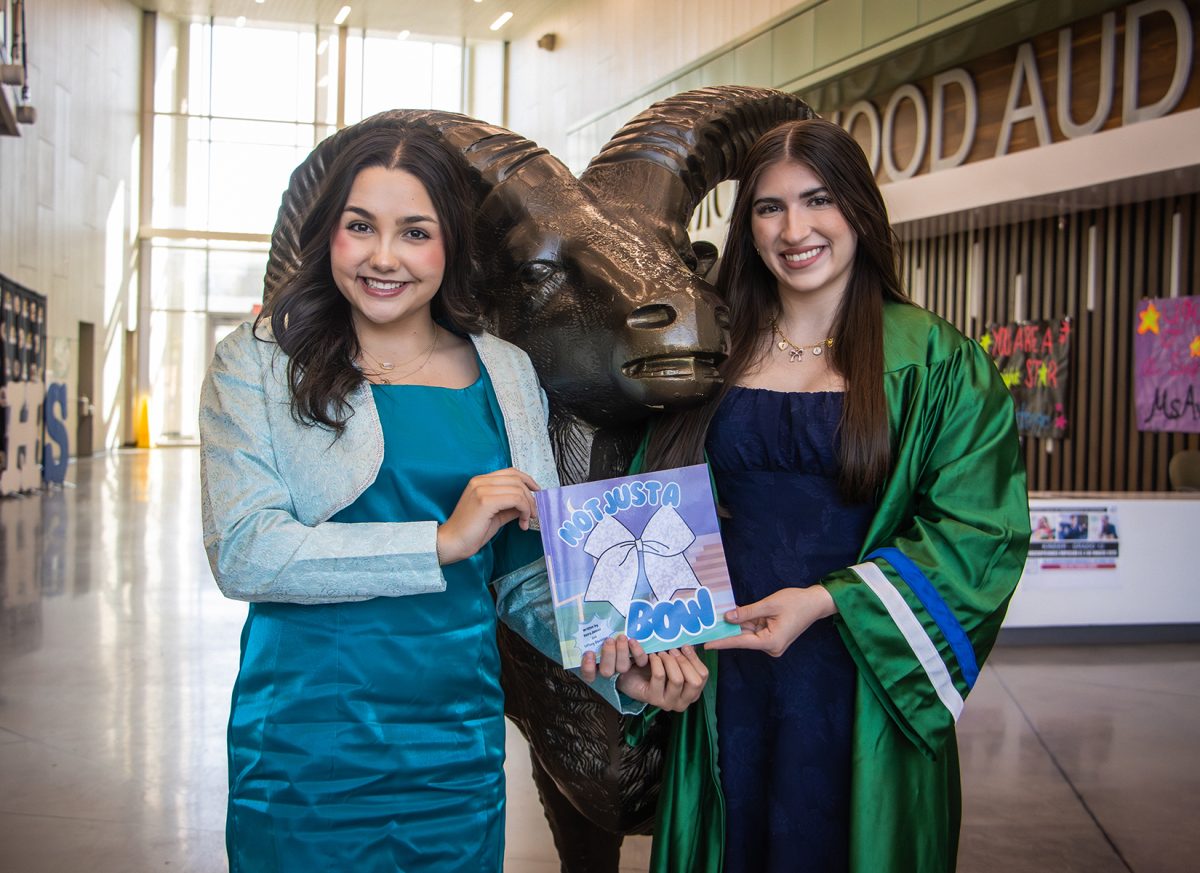
Jud Burgess • Oct 18, 2024 at 5:08 PM
Excellent article. Thank you for educating students about the issue of book banning, which has seen record numbers of attempts to pull books off public school library shelves here in Texas.